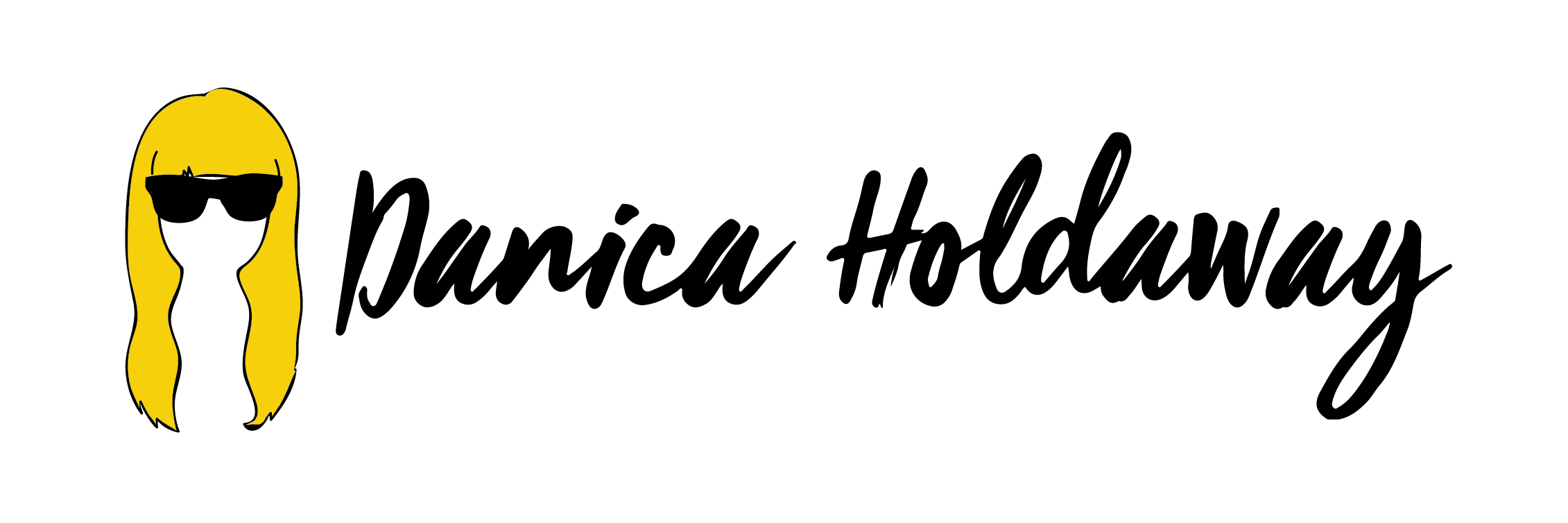I flinched as the empty chair scraped across the floor, resting just close enough to be uncomfortable.
“What age should I be thinking here?”
“Let’s say… under 12. Childhood.”
Never great at visualization, I fix my stare on the chair’s pillow and push my vision directly into the woven textures.
I don’t even know how to start. What to say.
Because what’s the point?
She’s a kid. Just a kid.
And I know that she already knows. Maybe not the full picture, the depths reached.
But is that not an unkindness—to tell her she is more right than she even knows?
Spends her life terrified of being wrong, just to be torn asunder when she’s right.
Because certainly she is right. Her greatest fear assumption is that there is something wrong with her, the way her brain works. There are missing parts, overloaded circuits. Empathy on the fritz. Desperation and confusion and trying trying trying. All perfectly combined to make her barely sufferable and completely too much.
She just feels it. She’s just wrong, somehow.
About that she is right.
And how do you say that? What is she supposed to do about it? She’s already trying hard to figure out what it is that’s wrong, how she can fix it before too many people see, poisoned forever by her wrongness.
Why bother saying it, when she’d have changed every ounce of it if she could? I’ll give her this—she really did try. Too hard, in fact. Another instance of never getting it quite right.
It’s hard to say these things to someone who is already hurting, knowing they’re all true.
It’s impossible to tell her this at all, anyway. Because she doesn’t exist anymore. She existed 25 years ago. It’s just an empty chair.
And thank god for that, because how do you tell your 9 year old self that even YOU are not on her team?
How do you tell her that you don’t like her at all?
You just open your mouth and start to speak, and soon your therapist, too, begins to cry.
